So you can better understand the advancements on public purchases in Brazil, let´s first go over some general information about these purchases and then about sustainable public purchases, more specifically.
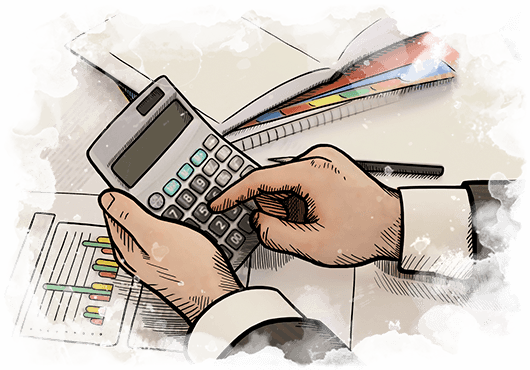
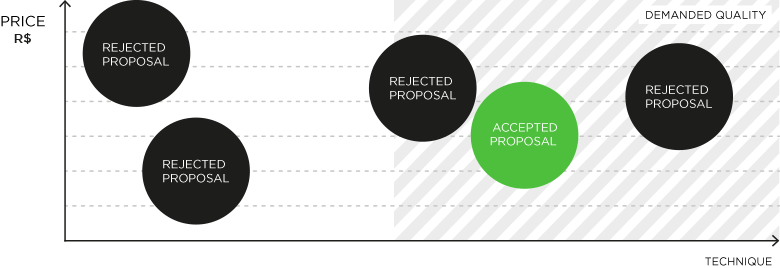
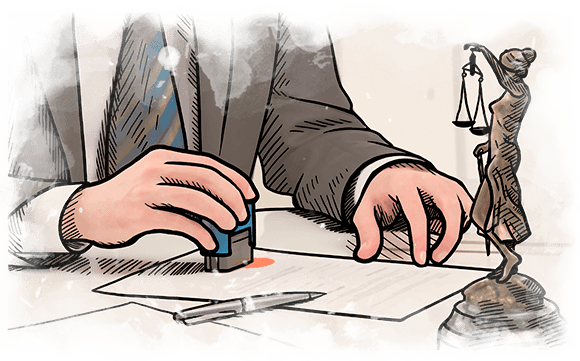
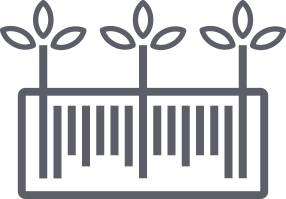
Using the government´s power of purchase as a main factor for sustainable local development is, without a doubt, a safe and smart alternative, as it promotes the increase of local fiscal collection, generates a larger income to society, increases employability, improves quality of life, among so many other benefits. (QUICK, 2014). It is in this context that the purchase of foodstuffs for the PNAE directly from smallholder farming is inserted.
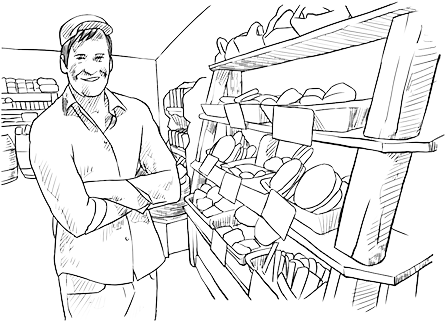
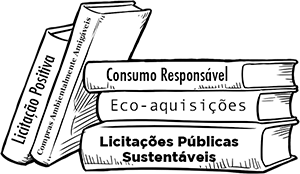
- That the consumer is responsible for the search of better quality products manufactured to generate less environmental impacts, considering his/her health and the planet´s preservation;
- Acquiring only enough to supply real needs, avoiding any type of waste;
- Acquiring products with less negative impact and that are used efficiently, facilitating the reduction of pollutants and pressure over natural resources, for example. This favours the development of innovative products and services;
- In the act of purchase, the product´s life cycle is to be considered: production, distribution, usage and disposal. This type of care avoids the transference of negative environmental impacts from one space to another, that is, environmental improvements are searched for. In that sense, it is important to consider all impacts and costs that may fall upon all production stages of a certain product.
What is sustainability?
Global context
The concept of sustainable development has been largely disseminated in the last two decades, especially after the United Nations Conference on Environment and Development (UNCED), also known as Rio Summit. However, its application in administrative procedures in the government sector is still not clear.
The idea of sustainability is based on the need of guaranteeing the availability of resources on Earth today, as well as to our descendants, by means of a management that covers environmental protection, social justice, and a balanced economic development of our societies.
It is not enough to reduce the pressure over natural resources; besides that, equality of opportunity to all citizens and the prosperity of productive sectors must be ensured so nations can be developed equally, today and in the future. For that, a built effort is necessary, in which governments play a fundamental role as change inducers for the establishment of a new development model, compatible to the planet´s limitations.
Consumption and sustainability
There are production and consumption practices that improve efficiency in the use of products and natural, economic and human resources. They reduce impact on the environment, promote social equality and reduction of poverty, which stimulates new markets and reward technological innovations, but are rarely prioritized. Sustainable public purchases are initiatives that fit into these actions. With such orientation, government´s purchase power may influence markets and contribute to the consolidation of productive activities that favour sustainable development, acting directly upon the core of the issue: production and consumption.
FOOD FOR THOUGHT
In your opinion, do the presented premises have any relation to the PNAE, more specifically with the purchases from smallholder farming for school feeding?

